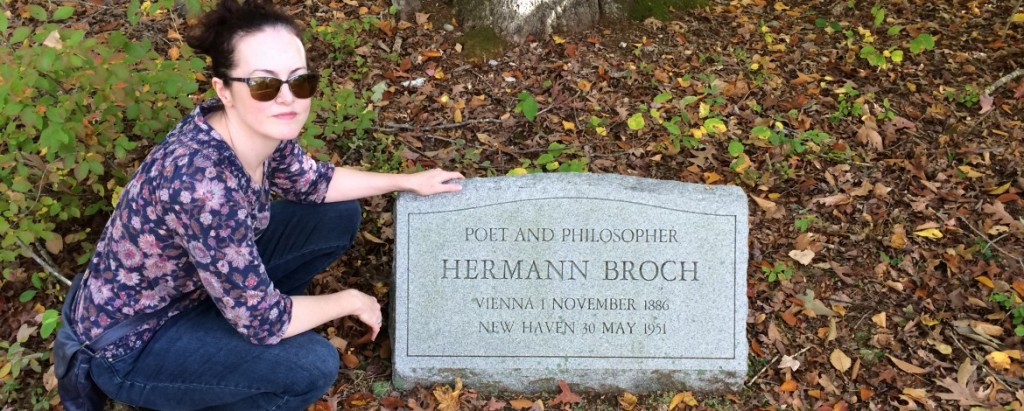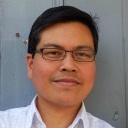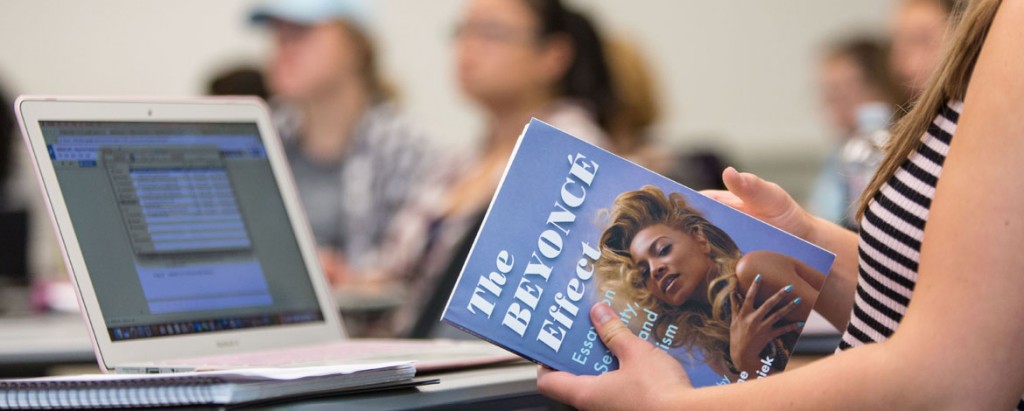Page 22 • (639 results in 0.016 seconds)
-
through intensive writing workshop courses. The Professional, Public, and Digital Literacies Concentration teaches students skills of effective writing and storytelling for a variety of practical situations – including an emphasis on digital media. The Literature Concentration allows students to explore the diverse range of literatures written in English – American, British, and Global – to understand how writers have used the creative power of literary expression to understand and engage the world
-
/406: French and Francophone Feminisms (Rebecca Wilkin) HGST 387: Sex, Gender and Holocaust Literature (Lisa Marcus) HIST 289: Gender and Women in World History (Gina Hames) IHON 253: Gender, Sexuality and Culture (Jen Smith) Critical Race Studies Electives COMA 304: Intercultural Communication (Marnie Ritchie) ENG 380: Global Refugee Literatures (Jenny James) GLST 431: Advanced International Relations (Ami Shah) IHON 112: Liberty, Power and Imagination (Christian Gerzso, Arthur Strum) NAIS 363
-

Rediscovery: Dr. Jenkins and the Texts of Hermann Broch Posted by: Matthew / December 4, 2017 Image: Professor Jen Jenkins at the grave of Herman Broch in Connecticut. December 4, 2017 By Clayton Regehr '18PLU HumanitiesOccasionally, we are fortunate enough to find things that are more exciting than what we are searching for. This is certainly true for Dr. Jen Jenkins, Associate Professor of German in the Languages and Literature Department at Pacific Lutheran University.Dr. Jenkins spent the
-

, Pacific Lutheran University PhD Nursing Education, Villanova University Teaching Areas Professional Foundations I, Leadership, NCLEX Synthesis Scholarly Interests End of Life Decision Making Qualitative Research Current Practice RN Hospital Supervisor at MultiCare Good Samaritan Hospital Publications “Bedside Nurse Involvement in End-of-Life Decision Making: A Brief Review of the Literature” Dimensions of Critical Care Nursing, Volume 32, Issue 2, March/April 2013 Erickson, J. (2020). Horizontal
-
Schooner, Columbia Journal, The Offing, Electric Literature and more. Her fiction has been selected for inclusion in Best Microfiction 2023 and nominated for Best of the Net. She is thrilled to be working with young writers as a Visiting Assistant Professor of English at PLU. Erin Strubbe is a writer, editor, educator, and scholar from Southern California. Her fiction explores intersections of gender, belonging, and alienation through speculative fiction, and her scholarly work delves into the
-
Foundation, the Santa Maddalena Foundation, the Dora Maar House, the Camargo Foundation, and Yaddo. In 2018, Raj will be the Picador Guest Professor for Literature at the University of Leipzig.
-
nonfiction book of 2021 by Electric Literature and Kirkus. Chang’s earlier book of poetry, OBIT (Copper Canyon Press, 2020) was named a New York Times Notable Book, a Time Must-Read Book, and received the Los Angeles Times Book Prize, the Anisfield-Wolf Book Award in Poetry, and the PEN/Voelcker Award. It was also longlisted for a National Book Award and named a finalist for the National Book Critics Circle Award and the Griffin International Poetry Prize. She has also received a Guggenheim Fellowship
-

Rick Barot Director of MFA Phone: 253-535-7318 Email: barotrp@plu.edu Office Location:Hauge Administration Building - Room 209 Website: https://rickbarot.com/ Professional Biography Additional Titles/Roles Professor of English Education M.F.A., Iowa Writers' Workshop, 1998 B.A., Wesleyan University, 1992 Areas of Emphasis or Expertise Creative Writing Poetry Ethnic Literature Gay/Lesbian Literature Books Chord: Poems (Sarabande Books 2015) : View Book Want: Poems (Sarabande Books 2008) : View
-

grandmother not come to the U.S. that year. (Photo by John Froschauer/PLU) The Holocaust in the American Literary ImaginationThis year, Professor of English Lisa Marcus will do something different with her class, “The Holocaust in the American Literary Imagination.” Along with readings, literary analysis and the other trappings of a literature course, students will work with historical artifacts from the Holocaust. “To engage in the material,” Marcus said, “I think one has to do other things than just
-
coupled atomic emission spectroscopy, electrochemistry methods, gas chromatography, liquid chromatography, and chemical extraction systems. The candidate will be expected to learn one or a number of these systems and expected to develop reports and manuscripts describing their performed research and any relevant literature. The expected work hours are flexible and will accommodate student schedules. For more information or to apply, please contact: Ken Czerwinski (kczerwinski@terrapower.com) and
Do you have any feedback for us? If so, feel free to use our Feedback Form.


